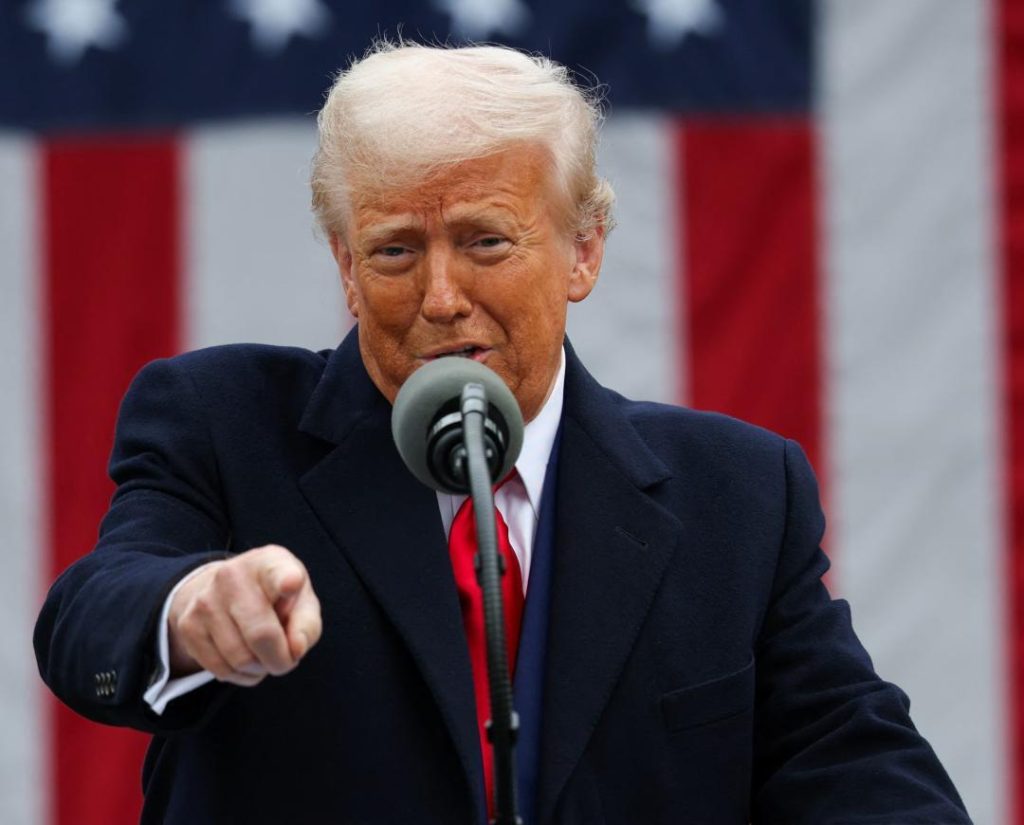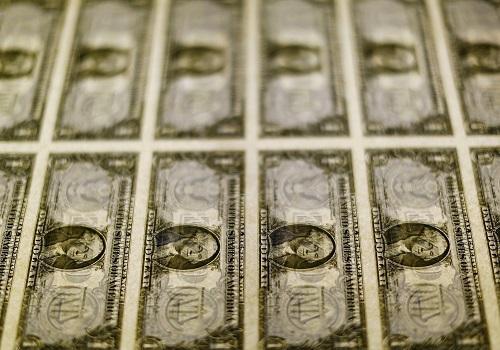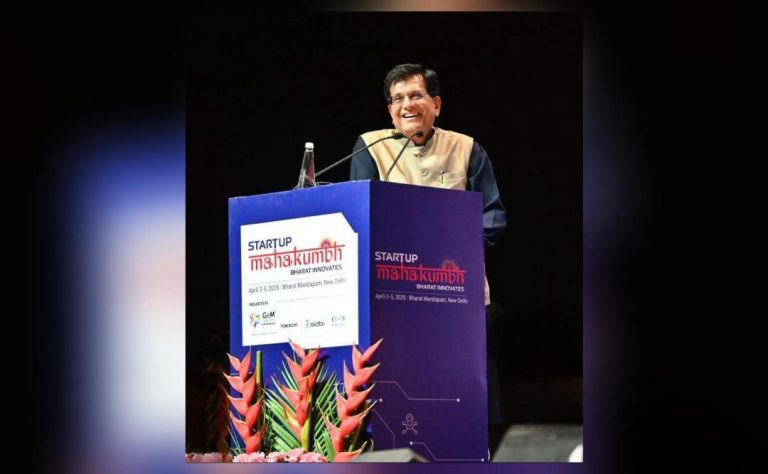
Which Goods & Items are Exempt from Trump’s New Tariffs?
On Wednesday, April 2, US President Donald Trump announced a new round of reciprocal tariffs on various goods imported from several countries, including China, Canada, Mexico, and the European Union. The tariffs, which are expected to come into effect in the coming weeks, aim to address trade imbalances and protect American industries. However, not all goods and items are affected by these tariffs. In this blog post, we will explore which commodities have been exempt from Trump’s new tariffs.
Pharmaceuticals: A Significant Exemption
Pharmaceutical products are among the most significant exemptions from Trump’s new tariffs. This is a welcome news for India, which is one of the largest exporters of pharmaceutical products to the US. According to estimates, pharmaceutical products comprise nearly $9 billion worth of exports from India. The exemption of pharmaceuticals from tariffs is likely to benefit India’s pharma industry, which is already facing challenges in the domestic market.
Bullion: Physical Gold and Silver of High Purity
Physical gold and silver of high purity, commonly referred to as bullion, are also exempt from Trump’s new tariffs. Bullion is often used as a store of value and a form of investment, and its exemption from tariffs is likely to benefit investors who purchase gold and silver coins or bars.
Energy: A Crucial Exemption
Energy products, including crude oil, natural gas, and coal, are exempt from Trump’s new tariffs. This is a significant exemption, as energy products are a critical component of many industries, including manufacturing and transportation. The exemption of energy products from tariffs is likely to help mitigate the impact of tariffs on the US economy.
Some Minerals Not Available in the US
Some minerals that are not available in the US, such as rare earth minerals, are also exempt from Trump’s new tariffs. Rare earth minerals are used in a variety of high-tech applications, including electronics, renewable energy technologies, and defense systems. The exemption of these minerals from tariffs is likely to benefit the US tech industry, which relies heavily on these minerals.
Copper: An Essential Metal
Copper, an essential metal used in a variety of applications, including electrical wiring, plumbing, and construction, is also exempt from Trump’s new tariffs. Copper is a critical component of many industries, and its exemption from tariffs is likely to help mitigate the impact of tariffs on the US economy.
Steel and Aluminium: Surprisingly Exempt
Steel and aluminium, two metals that have been subject to tariffs in the past, are surprisingly exempt from Trump’s new tariffs. This is a significant development, as steel and aluminium are critical components of many industries, including construction, manufacturing, and transportation. The exemption of steel and aluminium from tariffs is likely to benefit these industries, which have been affected by previous tariffs.
Semiconductors: A Key Component of Modern Technology
Semiconductors, a key component of modern technology, are also exempt from Trump’s new tariffs. Semiconductors are used in a variety of applications, including electronics, automobiles, and renewable energy technologies. The exemption of semiconductors from tariffs is likely to benefit the US tech industry, which relies heavily on these components.
Lumber Articles: A Crucial Exemption
Lumber articles, including wood and wood products, are also exempt from Trump’s new tariffs. Lumber is a critical component of many industries, including construction, furniture manufacturing, and paper production. The exemption of lumber articles from tariffs is likely to help mitigate the impact of tariffs on the US economy.
Conclusion
In conclusion, while Trump’s new tariffs are likely to have a significant impact on the global economy, certain commodities have been exempt from these tariffs. Pharmaceuticals, bullion, energy, some minerals not available in the US, copper, steel, aluminium, semiconductors, and lumber articles are among the items that have been spared from tariffs. These exemptions are likely to benefit various industries and countries, including India, which is a major exporter of pharmaceutical products to the US.
Source:






